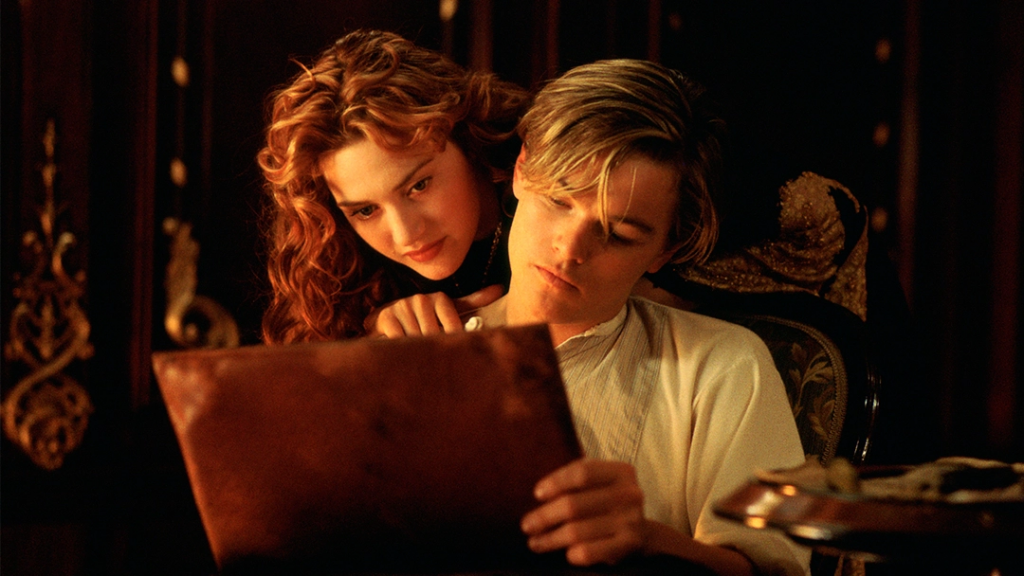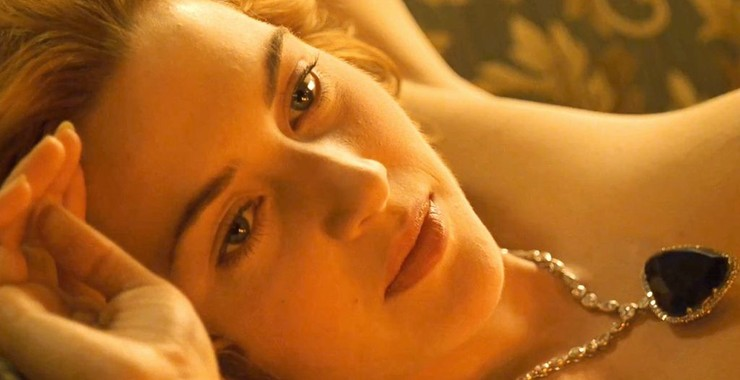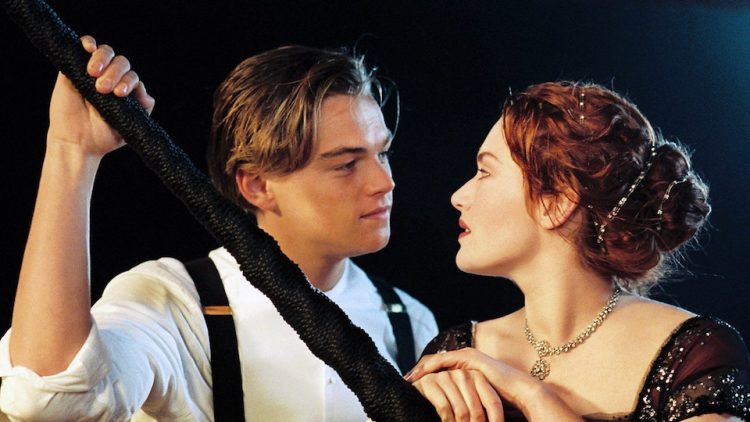James Cameron, the filmmaker of Titanic, explains what went wrong with his controversial Oscar acceptance speech. Starting with his breakthrough effort in writing and directing 1984’s The Terminator, Cameron has had a remarkable career and produced several movies that have had significant effects on pop culture. With the release of Titanic, starring Leonardo DiCaprio and Kate Winslet, in 1997, he rose to even greater heights of stardom. He proceeded to make well-liked and recognized movies at a constant pace. The tragic romance generated more than $2 billion at the box office and greatly impacted the media environment.
Cameron continues to be a very well-known director, and three of his films are in the top 10 highest-grossing movies ever. After receiving the Academy Award for Best Director in 1998 for his work on Titanic, he received backlash early in his career for a statement that contained a regretful phrase. Following a charming speech in which he thanked his cast, crew, and family, the director concluded by paraphrasing his own movie and proclaiming, “I’m the king of the world!” This decision was seen negatively by many as being narcissistic and arrogant. Cameron explained his reasoning during an interview with Chris Wallace for a recent episode of Who’s Talking to Chris Wallace? (via CNN), saying that he was actually “trying to express the joy and excitement” he was feeling at the time, but that his emotions got the better of him and made him appear and sound overly haughty. View Cameron’s justification and a portion of the disputed speech below:
“Yeah, maybe, you know, I mean, I took a lot of heat for the line, you know, and I think the egregious sin there was a one of what was perceived, as you know, arrogance or the conquering, you know, a sense of conquest, which was not what was in my head, I was trying to express the joy and excitement that I was feeling in terms of that movie, and the most joyful moment for the character for, you know, Leonardo DiCaprio, his character was when he, you know, was free and at the bow of the ship, and all that sort of thing.
“But what I learned is, you don’t quote your own movie, to the Academy, if you win. Because it’s cringe worthy. It makes the assumption that you didn’t win by a narrow margin, but that every single person sitting in the audience on that night at the Kodak Theatre, saw and loved Titanic, and we’ll never know how much we won by but it might not have been a landslide at all. So you know, there was definitely I took flack for all 25 years after that, but you know, you live and you learn, I think what was interpreted as kind of arrogance or a big F- you, I told you so, wasn’t in my head at all, but you do have to be careful what you say in your acceptance speech, me and Sally Fields, we have a little self-help group together on this.”

Titanic Had a Significant Cultural Influence
It’s understandable that there was “a sense of conquest” in being the one who made a historical movie like Titanic given its significant influence on pop culture, notwithstanding Cameron’s bad word choice at the conclusion of his victory speech. Since the film’s debut more than 20 years ago, both the love story between Jack (DiCaprio) and Rose (Winslet) and several particular scenes from it, like Jack painting Rose, the infamous car scene, and the necklace being tossed into the ocean, has drawn numerous homages. Additionally, discussions regarding whether Jack had to die to continue to this day demonstrate that Cameron’s movie impacted viewers.
An Overview of Cameron’s Career After Titanic

After Titanic, Cameron really got into deep-sea research, founding Earthship Productions with his brother in 1998 to stream videos on the subject. He also returned to his sci-fi roots with the brief Dark Angel series. The filmmaker produced a number of documentaries, but he did not return to the director’s chair to produce another widely-viewed film until the middle of the 2000s. He began work on the film Avatar, fusing his passions for science and cutting-edge filmmaking technology to produce a work that would revolutionize the use of 3D and become the highest-grossing movie of all time.
After the 2009 debut of Avatar, Cameron made it known that he planned to make several sequels. He started shooting the second and third films as well as some of the fourth simultaneously in 2017. The Avatar franchise’s future, and by implication, director James Cameron’s future, are incredibly bright thanks to the success of Avatar: The Way of Water, which finally arrived in cinemas in December 2022 and has already earned a position among the top 10 highest-grossing films of all time. Cameron’s Titanic remark wasn’t warmly received, but he has since demonstrated that he may very well be the “master of the world” when it comes to making box office smashes.




















